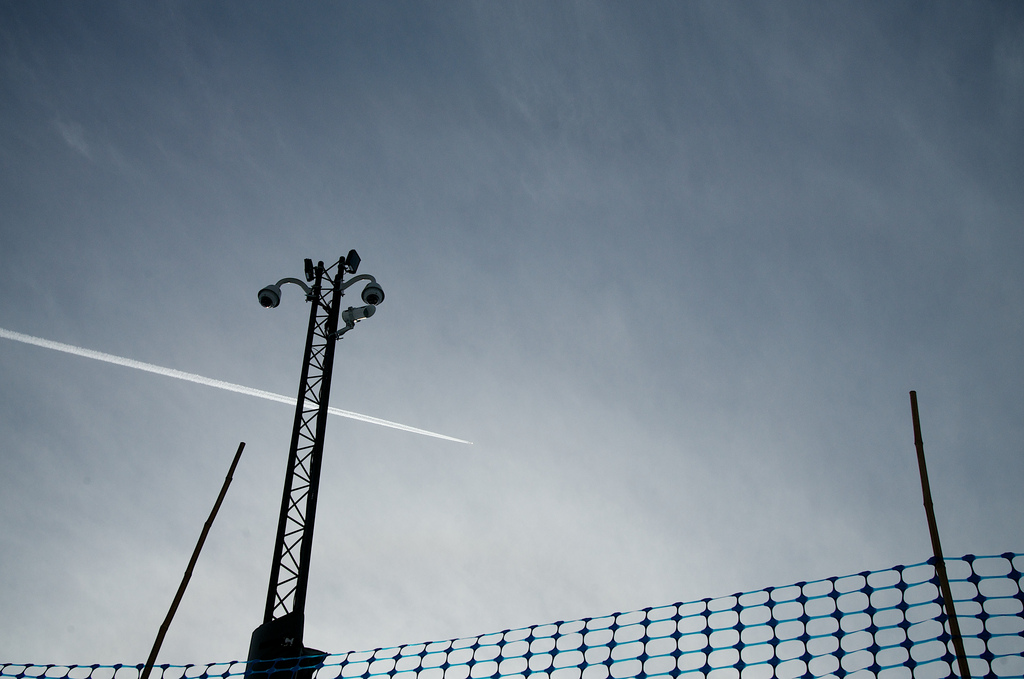
Last month, Michael Zehaf Bibeau fatally shot a soldier stationed at the Canada War Memorial in Ottawa. After fleeing the scene, he raced for the capital, where Kevin Vickers, a Canadian House of Commons sergeant-at-arms, killed him in a gunfight. The shock of this unprecedented attack on Canadian soil resonated throughout the country and around the world. Unquestionably, there is a security problem in Canada that must be resolved to ensure the safety of its political officials.
But new legislation intended to do just that is now on the table in Canada. The Protection of Canada from Terrorists Act, or Bill C-44, will radically increase the power of spy agencies in the country. C-44, introduced by the Canadian Parliament just five days after the attack, would “lower the threshold for preventative arrests” by the Royal Canadian Mounted Police (RCMP), authorize Communications Security Establishment Canada (CSEC), Canada’s NSA-equivalent, to eavesdrop on foreign countries and increase protections for intelligence informants. On the surface, this legislation may seem necessary to protect Canadian citizens from terrorist threats. Unfortunately, the bill is extremely damaging to citizens’ rights, especially the right to privacy.
This isn’t the first time the Canadian government has been accused of overstepping their bounds. Last year, documents released by whistleblower Edward Snowden revealed CSEC’s capability to spy on Canadian citizens through airport Wi-Fi networks and phone metadata collection. Though phone metadata collection doesn’t record the content of conversation, it can include both parties’ phone numbers, location data, call duration, time of the call and other unique identifiers.
This type of overarching surveillance is a direct violation of a person’s basic privacy rights. Allowing the government to indiscriminately spy on its citizens denies them of their ability to function in a free society. Griswold v. Connecticut (1965) set the precedent for a constitutional ‘right to privacy’ in the US, a model that most liberal democracies have warped in recent decades.
The overreach by the Canadian government is, indeed, frightening and even irrational. A fascinating piece by Tom Henheffer, Executive Director of the Canadian Journalists for Free Expression, claims that in 2010 more Americans were killed by lightening strikes than terror attacks. Like the American PATRIOT Act, C-44 was drafted under the pretense of national security following a series of terrorist attacks. Already a controversial subject, privacy activists are harshly criticizing the bill that both violates their right to due process and leaves the government less accountable to the people.
Canada should, at all costs, avoid straying from this model and devolving into a surveillance state that stifles its citizens’ free speech. Afraid to speak out against the government or read controversial texts, the state loses out just as much as its citizens do. More specifically, taking away someone’s privacy kills his or her creativity. Concerned that the government is watching, people are unwilling to challenge the status quo and research or visit sites that may red flag their online activity. Likewise, people become less willing to create controversial content, worried the government is tracking their every keystroke. Glen Greenwald’s expertly presented TED Talk shows on how destructive the surveillance state can become when free speech is muted.
Recent history reveals that ramping up the development of a surveillance state greatly affects the rights of average citizens despite the minimal benefits they reap from such programs. Instead of following in the footsteps of the United States, Canada must rise to the occasion and avoid falling into the same rights-redacting spiral.
The question ultimately becomes one of cost-benefit analysis. Is the cost of sacrificing Canadian citizens privacy rights outweighed by the benefits of a safer state? The answer is a resounding no. Surveillance isn’t efficient or effective. A study by the New America Foundation showed that less than 2% of terrorism-related charges used metadata in any useful way to secure a conviction. Canadian citizens lose freedoms and liberties granted to them by their government in exchange for a system that monitors and catalogues their every call and move. The tradeoff just isn’t worth it.
There are appropriate ways Canada can protect its borders and bolster national security without violating its citizens’ rights. The Royal Canadian Mounted Police (RCMP) announced the development of a new surveillance fence that will extend over 400 miles. Aimed at preventing transnational crime, especially cigarette fraud and other narcotic activities, the fence will include overt and covert surveillance methods, which will deter and prevent crime without drastically affecting the average citizen’s privacy and wellbeing.
Preventing terrorist attacks within any country is a political impossibility. As such, benefits to be reaped from individual privacy greatly outweigh the diminishing returns of a totalitarian surveillance system that keeps its tape recorder running continuously. The state should function as the people’s protector; hasty prevention tactics that impede on citizens’ rights, however, should not be tolerated or implemented. The loon can and should still peer down on its people, but not without undertaking the proper procedures to do so.
Rather than focusing on large-scale metadata collection that is inefficient and unwarranted, the Canadian government should instead look into increasing the country’s border security while simultaneously improving public safety services across the country. By moving away from metadata and large-scale online data collection that casts a wide net, the Canadian government will find a cost-efficient way to balance national security and citizens’ rights concerns appropriately.






